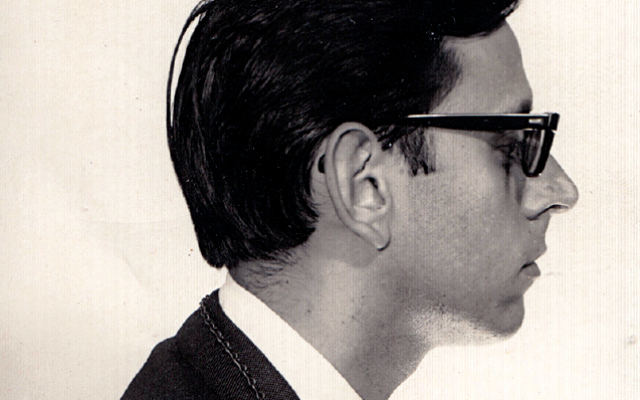AJFF Intro: A Crime on the Bayou
The film weaves the unrest of the ’60s with contemporary issues such as Black Lives Matter, protests over the killing of Blacks, as well as the rise of anti-Semitism.
To prepare you for 21st year of the Atlanta Jewish Film Festival, completely virtual-for-the-first time as you’ve never seen before, we bring you 21 previews spotlighting the breath of films offered for your home viewing. The films, which represent more than half of those in the AJFF lineup Feb. 17-28, include classics, intimate family dramas, upbeat comedy and historic documentaries. Sit back and relax as the AJFF brings us together through film.
“In 1966, in Plaquemines Parish, Louisiana, a 19-year-old Black teenager named Gary Duncan was arrested for touching a white boy’s arm. This is his story.” Thus begins “A Crime on the Bayou,” a beautifully made, affecting film about race and justice in America that still resonates today.
Duncan’s arrest came amid the turmoil of racial unrest in the mid-’60s South: desegregation of schools; protests in Selma, Jackson, and other cities; and Martin Luther King Jr.’s pleas for social justice through nonviolence.
Duncan’s story stands out as an abject lesson in the fight for racial equity. The “crime” he was arrested for was cruelty to a juvenile after Duncan tried to intervene when his cousin and nephew were confronted by a group of white boys hoping for a fight. He touched one of the white boys on the arm to prevent him from harming the Black boys. The police came and arrested Duncan when the boys claimed that Duncan had slapped the white boy. Duncan could have pled guilty, paid a fine and returned home. His mother, however, insisted that he go before a judge and jury.
Under the state law, the judge was not obligated to call in a jury. Duncan and his lawyers refused to give up. Hearing about the case, Jewish civil rights attorney Richard Sobol volunteered to represent Duncan in his appeals. Enter Leander Perez, the racist and anti-Semitic political boss of the parish. Refusing to back down on a Black fisherman’s case against his parish and state, Perez had Duncan rearrested again and again. Even Sobol came under attack.
The documentary follows Duncan’s case as it winds its way through court after court. The outcome was to become a significant landmark in the fight for racial justice. Featuring interviews with Duncan, Sobol, and others, the film weaves the unrest of the ’60s with contemporary issues such as Black Lives Matter, protests over the killing of Blacks, as well as the rise of anti-Semitism. This is an unsettling and timely documentary guaranteed to spark conversations about race in America.




comments